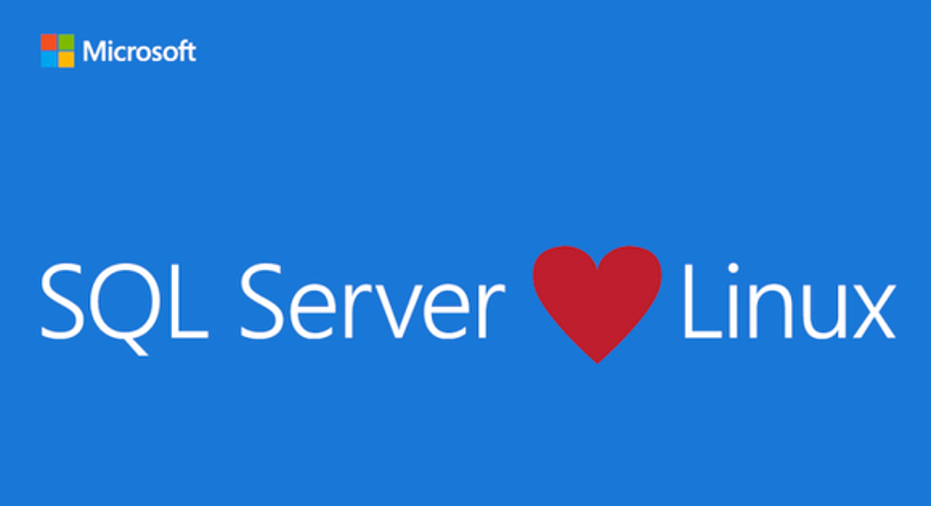Another Example Of The "New" Microsoft Corporation

One of Satya Nadella's objectives when he took the helm of Microsoft in Feb. of 2014 was to change its culture and, by extension, its less-than-flattering image. By the time Nadella was named CEO, Microsoft had become a shell of its former dominant self. For years Microsoft exuded an air of superiority that wasn't necessarily well-received, but so what? Microsoft had such a stranglehold on the PC operating system (OS) and associated business software markets it could afford a "take it or leave it" mentality.
But the dying PC market changed the tech landscape, and with it Microsoft's culture. Seemingly overnight, Microsoft found itself on the outside looking in. But no more. The "new" Microsoft has torn down walls that were once considered untouchable. Developing iOS and Android compliant versions of Office 365 was more than a means of boosting sales -- which it did. This was a watershed moment in Microsoft's history.
If investors had lingering doubts as to whether Nadella's Microsoft has changed with the times, its recent decision to open the doors of its enterprise business software to a competing OS lay those to rest.
Image courtesy of Microsoft
He did what?Microsoft EVP, Cloud and Enterprise Group Scott Guthrie issued a blog post recently outlining a few changes to its popular data management software, SQL Server. Enhanced data security, cross-platform business intelligence solutions for any device, and additional cloud capabilities, to name a few, were included in the update.
Guthrie went on to announce something that would have been virtually unthinkable until Nadella: the new SQL Server will "deliver a consistent data platform across Windows Server and Linux, as well as on-premises and cloud." Widespread availability is expected in mid-2017. The decision to make SQL Server compatible with its primary OS competitor is consistent with Nadella's view that "data is the core asset now."
Microsoft isn't the only tech leader that recognizes the value of data. IBM has invested over $5 billion in its "strategic imperatives," a group of cutting-edge business units each focused on data: storing it in the cloud, conducting detailed analysis, and developing actionable results. And it's working: strategic imperatives generated $28.9 billion in sales last year, equal to 35% of IBM's total revenue of $81.7 billion. For Microsoft, IBM, and others, data is clearly king.
From hereOne reason servers running Linux OS have gained in popularity is that customers aren't forced to purchase Windows to utilize SQL's data management software. But a Linux-friendly SQL will provide a boost to sales of Microsoft's data management software and associated solutions, including its industry-leading cloud unit, which already generates an annual revenue run-rate of over $9.4 billion.
Essentially force-feeding Windows to enterprise customers is indicative of the old Microsoft. Imagine former CEO Steve Ballmer opting to make Office 365 compatible with multiple operating systems, let alone SQL Server! Not a chance -- but that was then, Nadella is now.
In many ways, Nadella's decision to open SQL Server to another OS is consistent with Microsoft's "mobile-first, cloud-first" strategic initiative. To win its share of the rapidly growing data market from the likes of IBM, Microsoft recognizes it needs to get its solutions -- delivered via the cloud -- into as many users' hands as possible.
The future of Microsoft is crystal clear: selling software and services regardless of device manufacturer or operating system, which in turn amasses data in a "connected" world via the burgeoning mobile, cloud, big data, and Internet of Things (IoT) markets. The compatibility of SQL Server with Linux is simply an extension of that same mobile-first, cloud-first philosophy.
There are hundreds of billions in revenue at stake in the coming years as the world goes digital, and Microsoft's SQL Server compatibility with Linux has proven once again that it has a blueprint in place to capture its fair share. And that should be music to the ears of investors.
The article Another Example Of The "New" Microsoft Corporation originally appeared on Fool.com.
Tim Brugger has no position in any stocks mentioned. The Motley Fool has no position in any of the stocks mentioned. Try any of our Foolish newsletter services free for 30 days. We Fools may not all hold the same opinions, but we all believe that considering a diverse range of insights makes us better investors. The Motley Fool has a disclosure policy.
Copyright 1995 - 2016 The Motley Fool, LLC. All rights reserved. The Motley Fool has a disclosure policy.



















